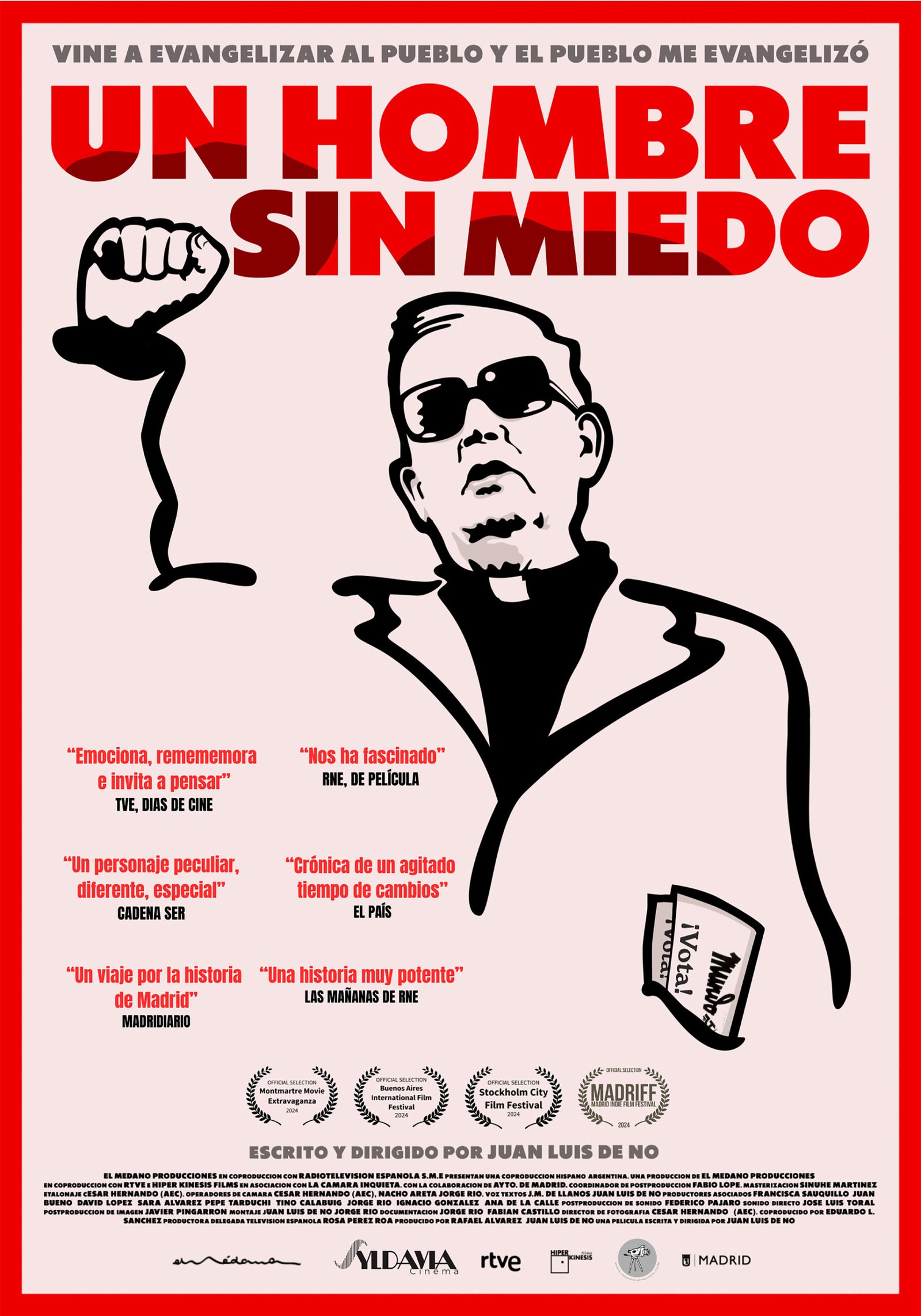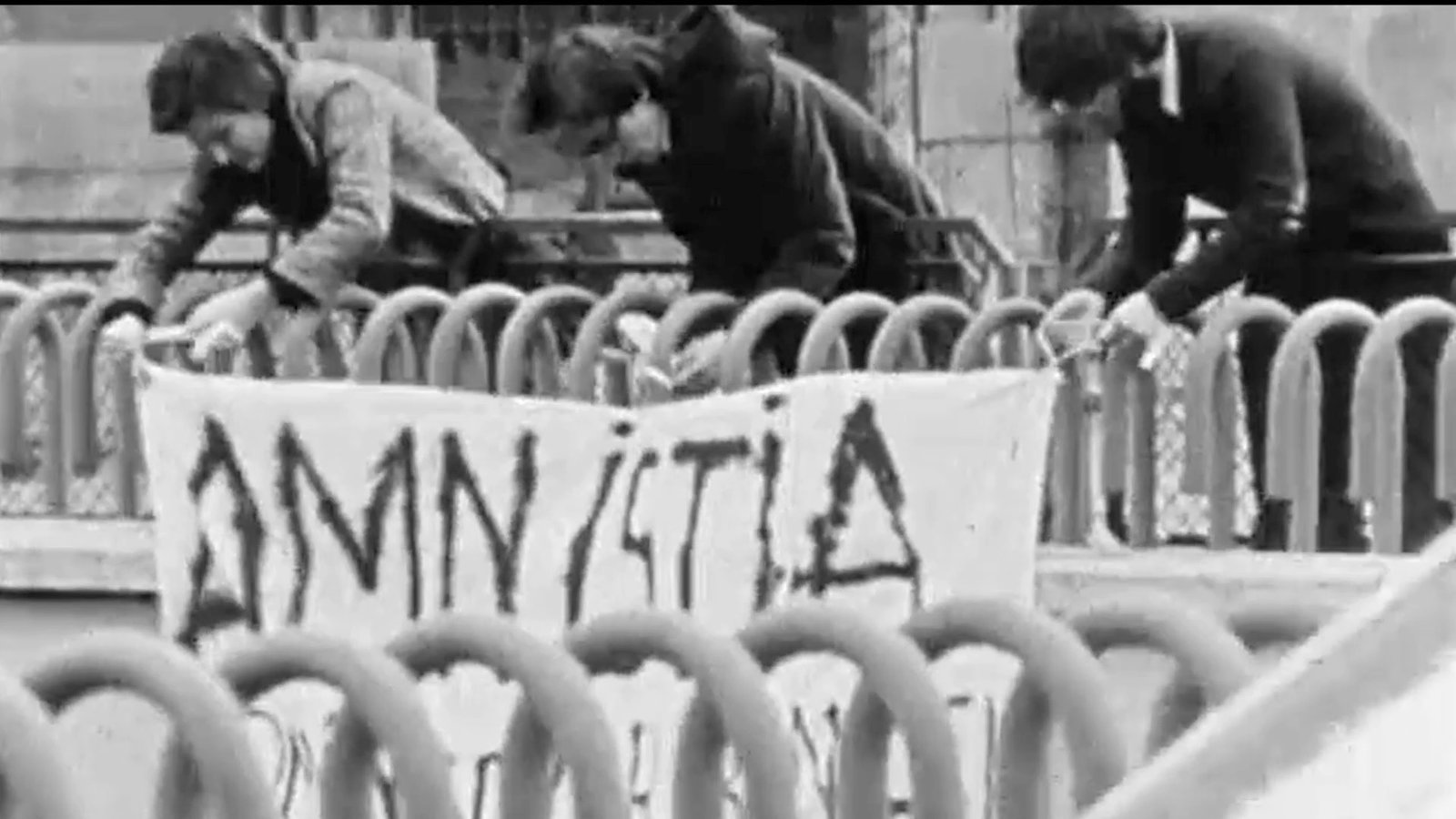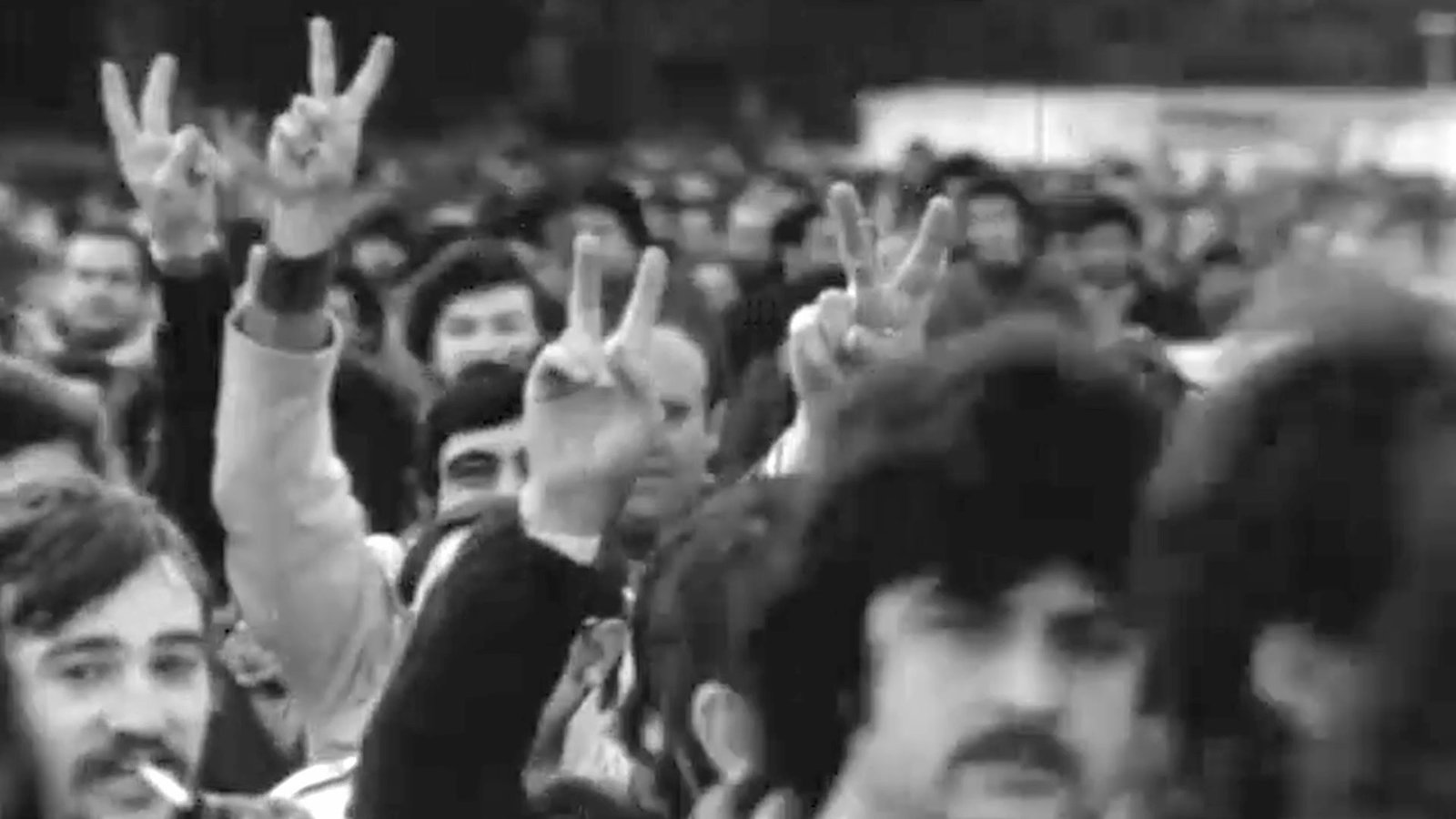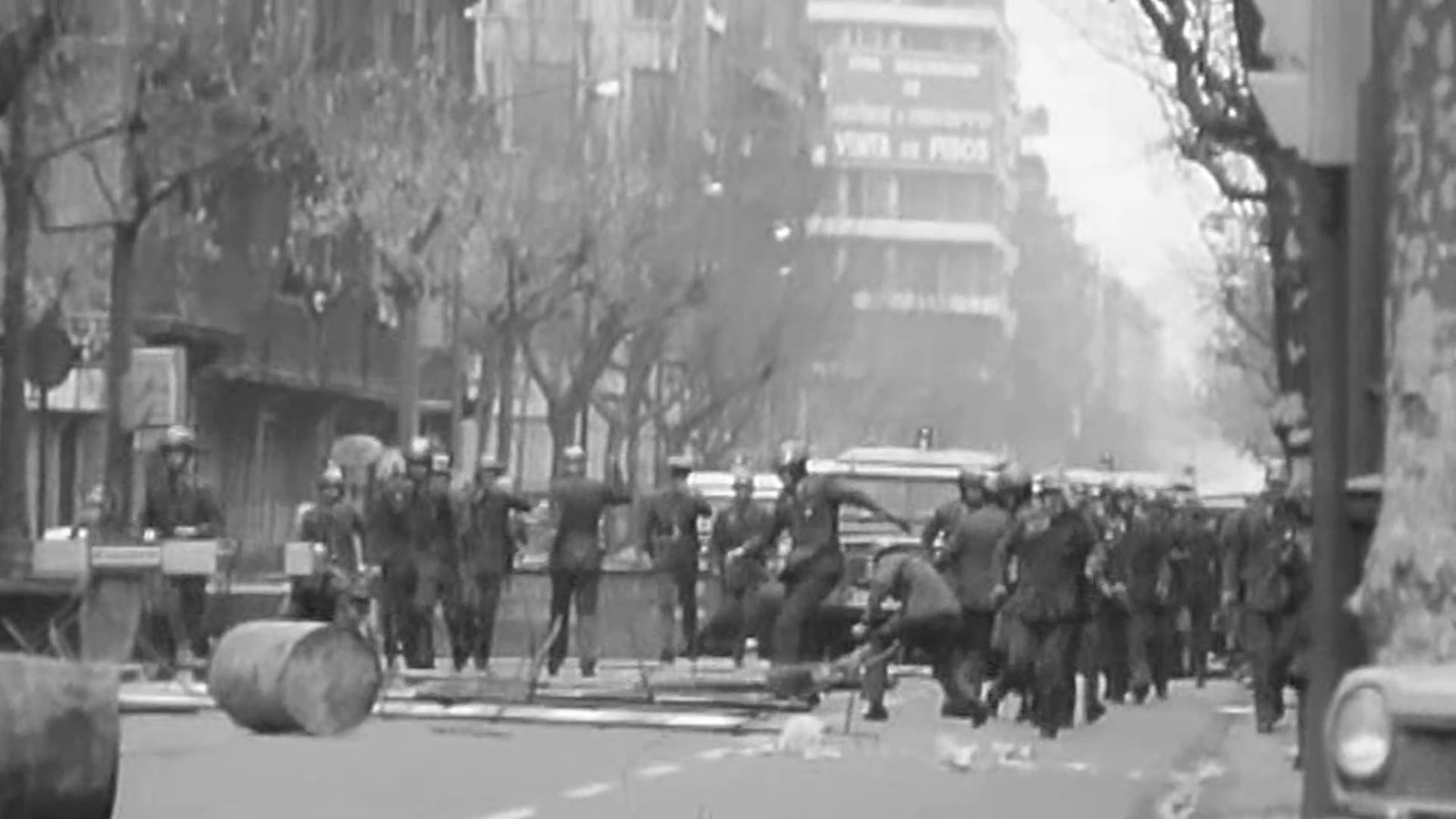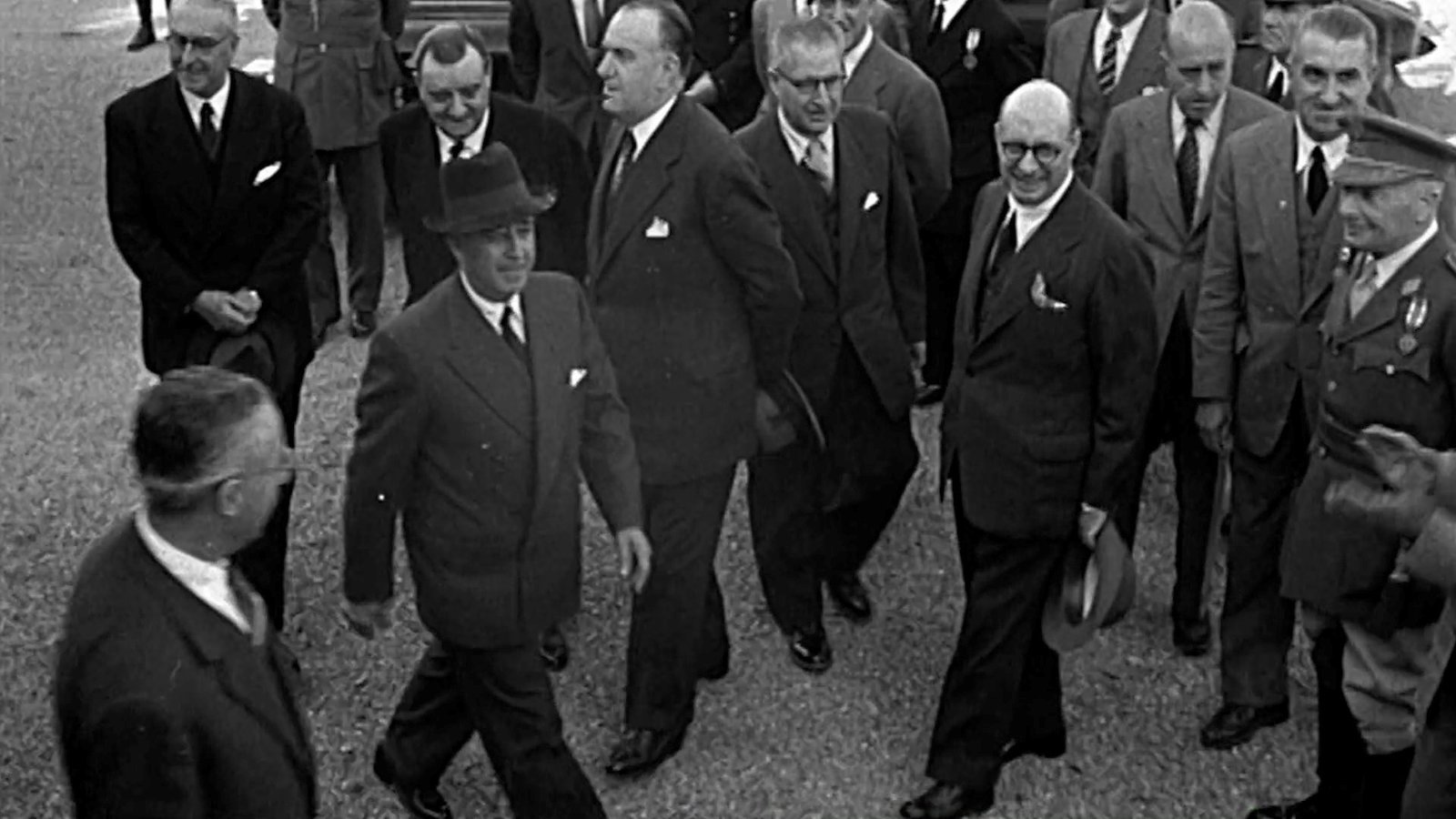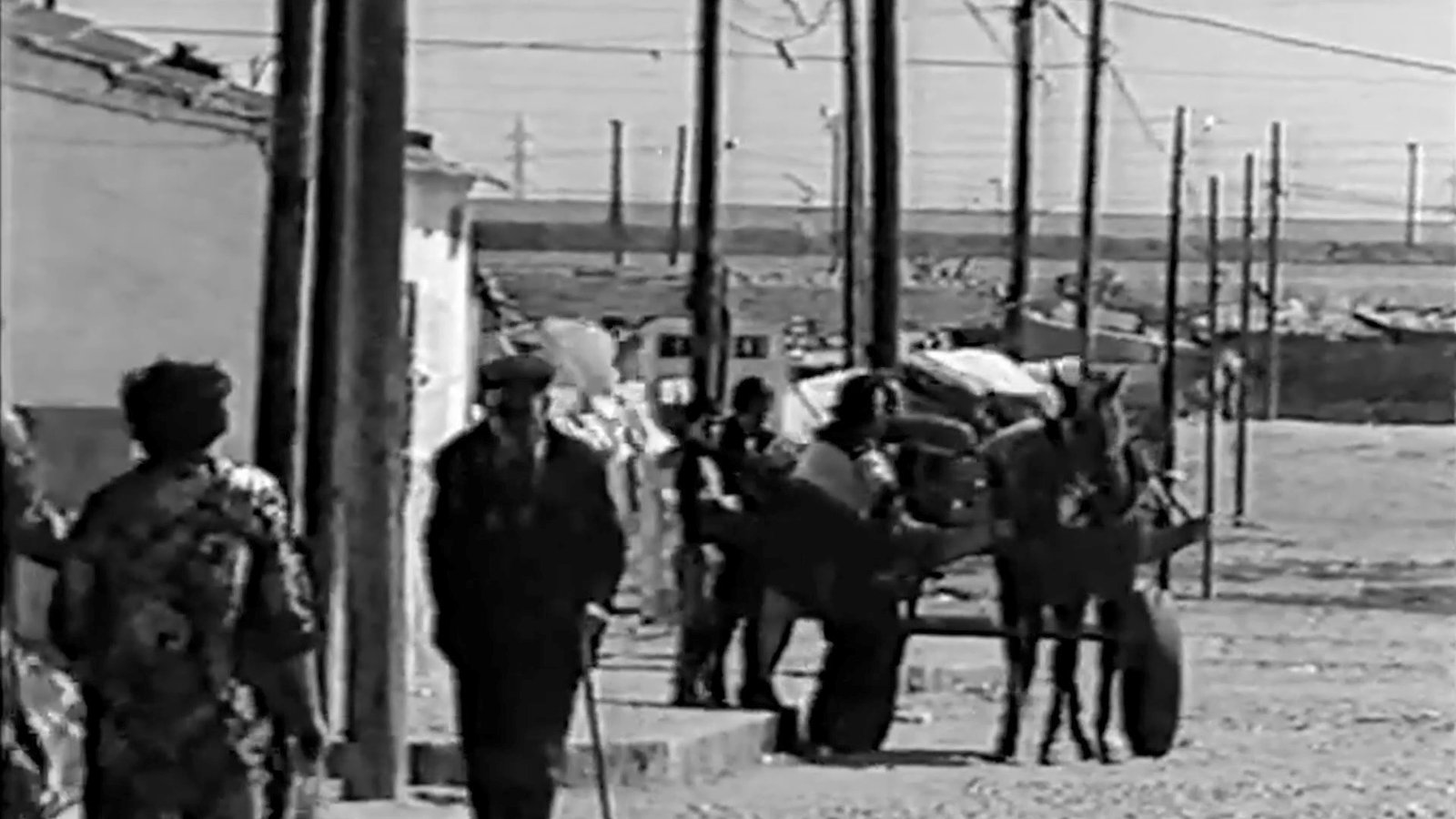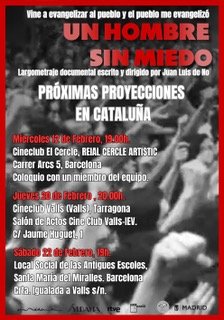
un hombre
sin miedo
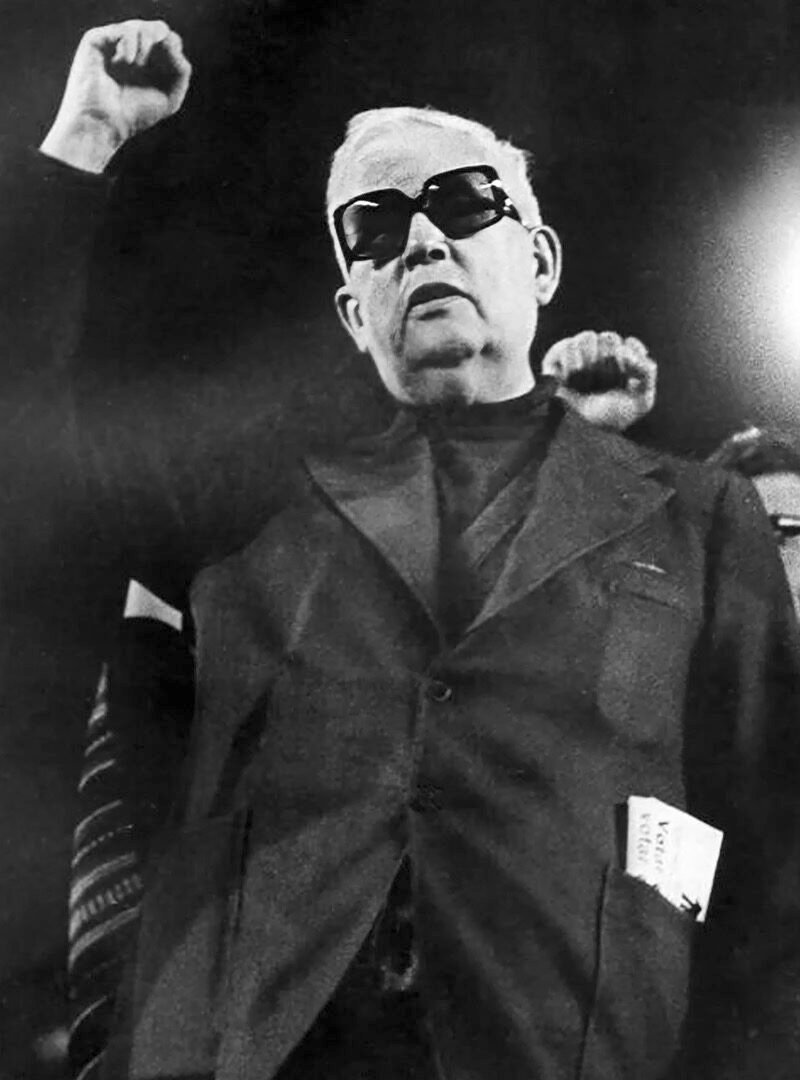
Un hombre sin miedo
Fed up with the ineffectiveness of the Franco regime, of which he himself is a part, a Jesuit writer and adventurous character retires to a shanty town where he is evangelized by its inhabitants, becoming a member of the Communist Party and a tireless fighter for democracy.
Watch the trailer


Why you have to see it
01
A unique portrait of the Spanish Transition
Through the figure of José María de Llanos, the film explores a crucial period in the recent history of Spain, showing the impact of the dialogue between the “two Spains”.
02
A story of personal transformation
It tells the story of a Jesuit who breaks with Franco’s regime to live among the most disadvantaged and become a defender of democracy and social justice.
03
Powerful aesthetics and exciting narrative
With black and white photography inspired by masters such as Zurbarán, the documentary combines poetry, testimonies and historical archives to convey a human and moving story.
04
Voices of the forgotten
It gives prominence to the stories of the inhabitants of Pozo del Tío Raimundo, whose lives reflect the struggle for dignity on the margins of Madrid.
05
An essential cultural legacy
In addition to drawing on Llanos’ personal archive and texts, it brings together historical images that reveal an invisible and hitherto poorly documented Spain.
Passes for Un hombre sin miedo
We bring the film to your film club, association, school, library, cultural centre, etc. or to your cinema, if you are interested in experiencing a special event where you can reflect on our recent memory and the complexity of our history. With the presence of the director and/or members of the production team.






The photographs in UN HOMBRE SIN MIEDO
When we arrived at the editing room with thousands of photographs and such old and deteriorated film material, the work that had to be done was enormous. The first challenge was to find a way to give the photographs the dynamism of cinema without losing their essence.

